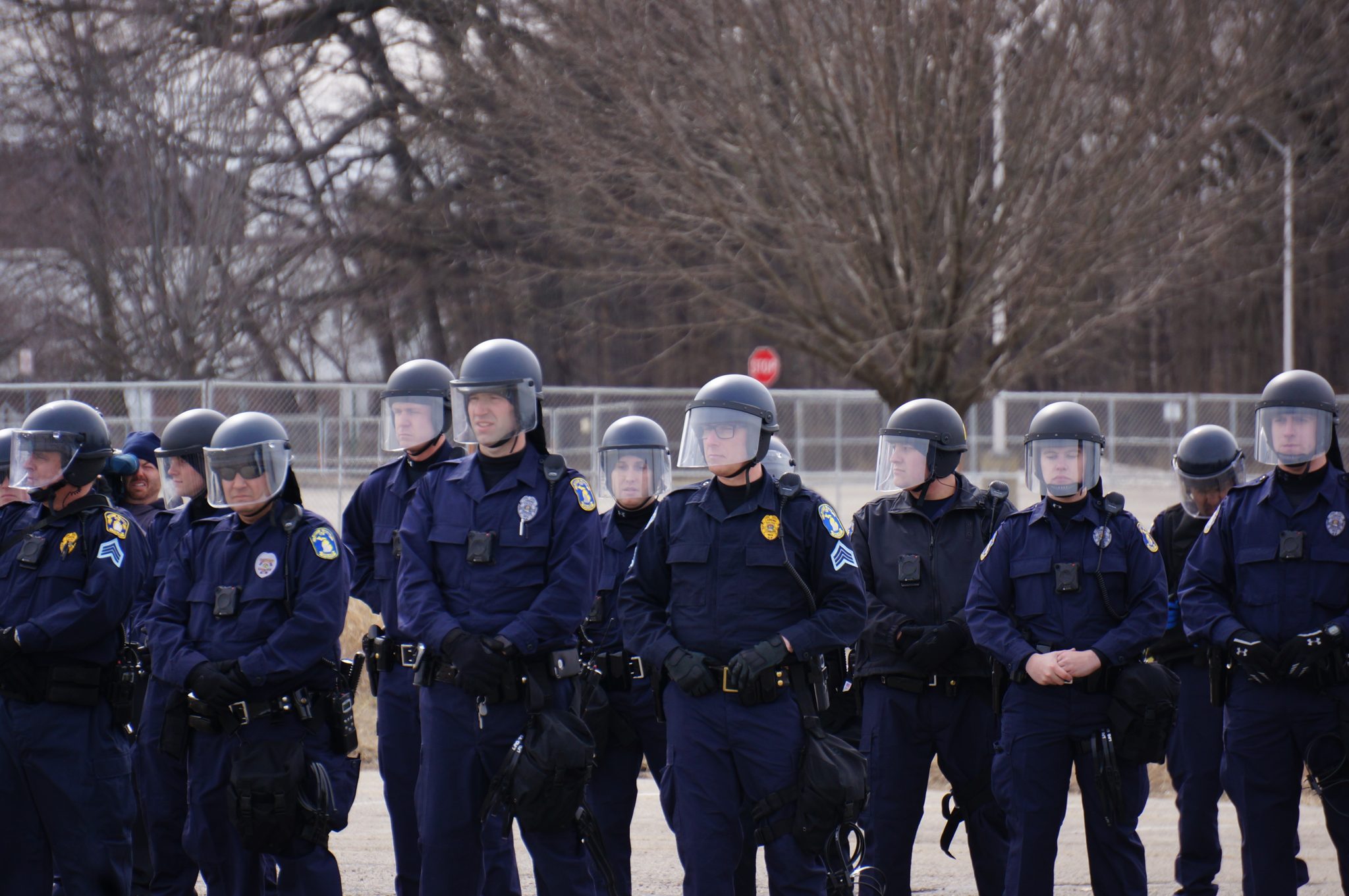Qualified Immunity: The Legal Principle Protecting Unconstitutional Police Actions
A University of Michigan Professor of Law says the doctrine has made it increasingly difficult to hold police accountable for violating Americans’ civil rights.

There have been calls to reallocate police funding and other criminal justice reforms in the face of numerous police killings of Black men and women.
“The courts should ask, is what police did reasonable? But qualified immunity allows courts to never ask that question.” — Eve Brensike Primus, University of Michigan
One reform being debated is the doctrine of “qualified immunity,” a legal principle that shields public officials from liability if they violate someone’s constitutional rights.
Longtime community and disability advocate Baba Baxter Jones says he wasn’t allowed monetary repayment after an encounter with the Detroit Police due to qualified immunity. During a 2014 protest, Baxter, who utilizes a wheelchair, was arrested and detained in a police van.
“My head was jammed up against the ceiling and I incurred severe injuries as a result of just being involved in a non-violent protest,” says Jones, who adds that “the city [of Detroit] used the defense of qualified immunity to justify what these officers did to me.”
Listen: What is qualified immunity and why are some legal experts calling for it to be upended?
Guest
Eve Brensike Primus, Professor of Law and Director of the Public Defender Training Institute at the University of Michigan Law School, says that qualified immunity protects police from having their actions judged by the constitution.
“The idea behind it is if there’s an individual who sues a police officer for monetary damages, claiming that the police officer has violated that individual’s rights, the officer would only be potentially liable to pay those monetary damages if the individual suing can show not only that there was a violation of rights but that the violation was something that was clearly established in federal law, and that any reasonable officer would have known about this clearly established legal principle.”
Defenders of the policy say it protects officers from assuming liability in fast-acting, high-risk situations. However, critics say qualified immunity allows police officers to violate citizens’ civil rights without recourse.
“The courts should ask, is what police did reasonable? But qualified immunity allows courts to never ask that question,” says Primus.
In situations where a citizen’s rights are blatantly violated, Primus says the courts should be able to discern law enforcement’s objective, instead of implementing a blanket protection of qualified immunity. “We figure out criminal intent all the time [in criminal cases], we could do that [with police] if we wanted to,” says Primus.
Trusted, accurate, up-to-date
WDET is here to keep you informed on essential information, news and resources related to COVID-19.
This is a stressful, insecure time for many. So it’s more important than ever for you, our listeners and readers, who are able to donate to keep supporting WDET’s mission. Please make a gift today.

